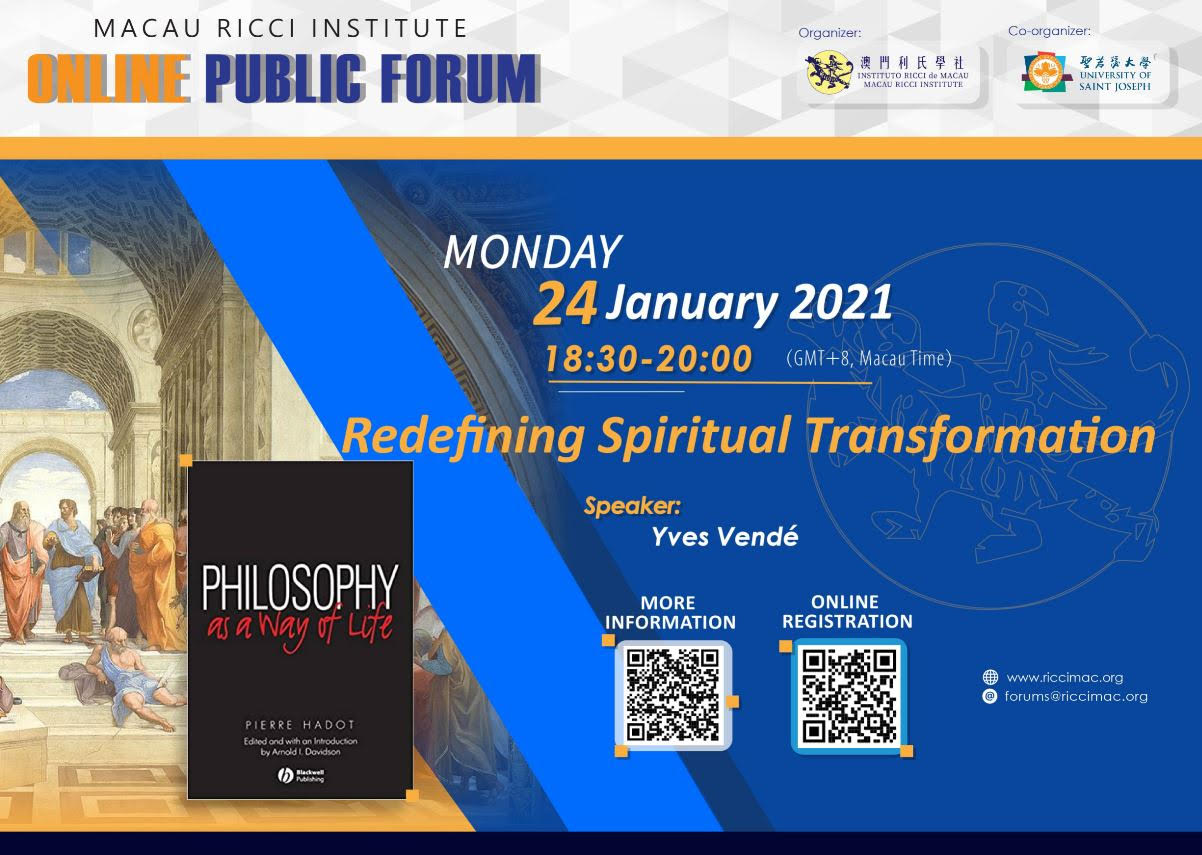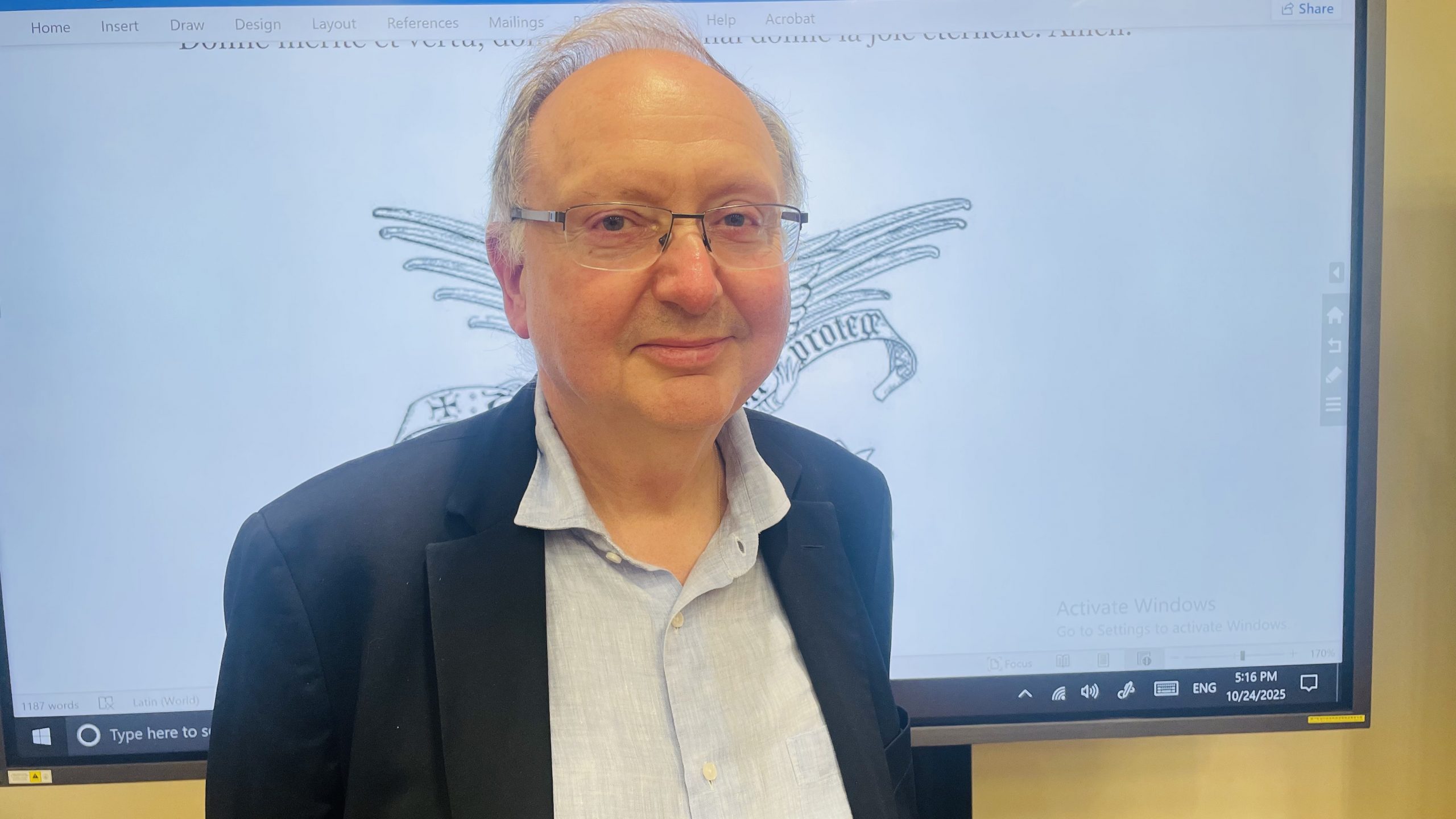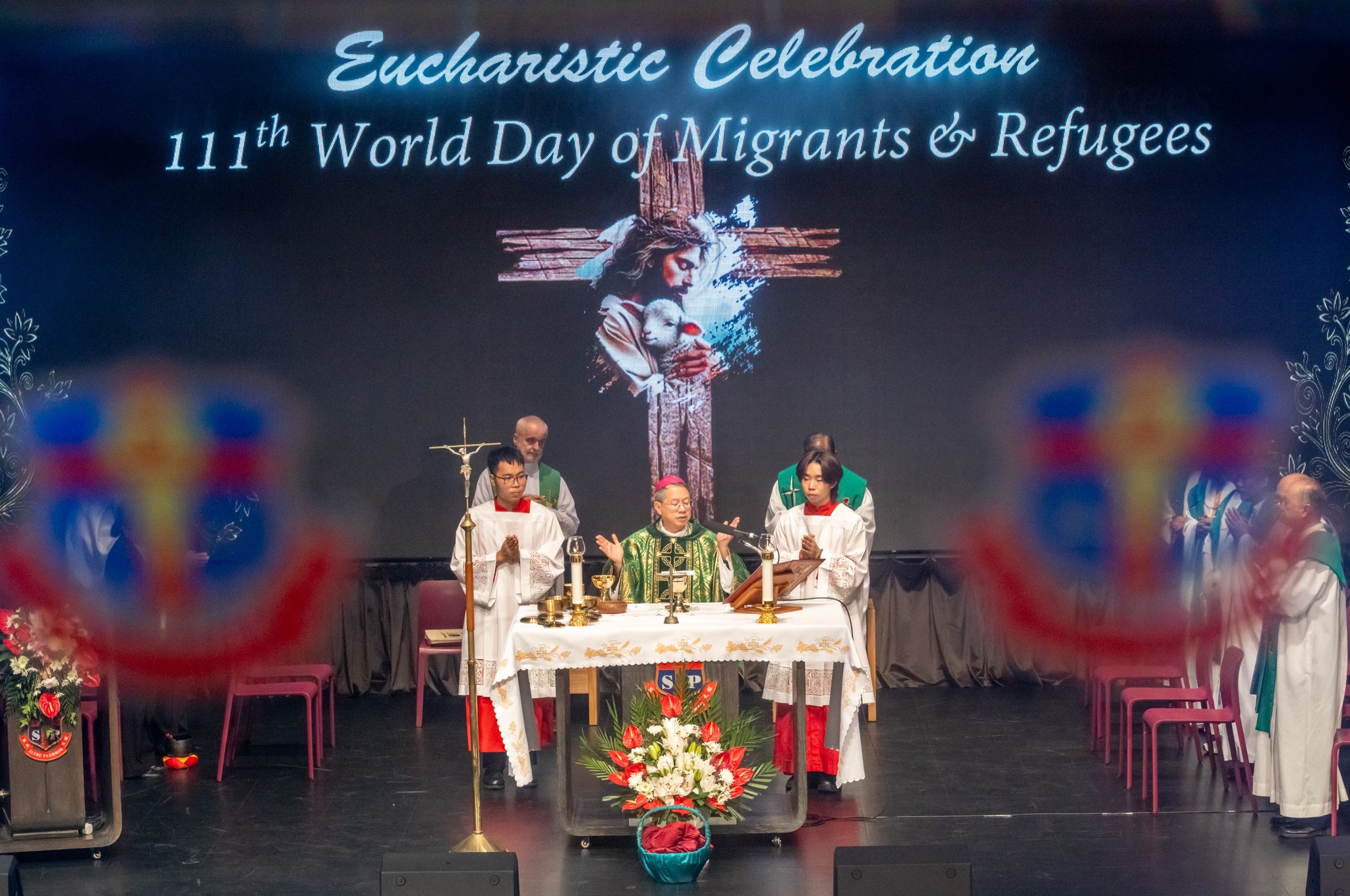Marco Carvalho
The Society of Jesus is celebrating, until July 31st, the 500th anniversary of a personal transformation that changed the history of the Church. The example set by Saint Ignatius of Loyola will inspire, to a large extent, the activities that the Macau Ricci Institute intends to promote throughout the current year. The first activity – an online forum on “spiritual transformation” – takes place next Monday.
The Macau Ricci Institute will host its first online talk of the new year on Monday afternoon. The Jesuit think tank invited French scholar Yves Vendé to analyse the contribution of philosophy to spiritual reawakening and transformation. A professor of philosophy at the Catholic University of Lille, Vendé proposes to approach not only the contribution of philosophy as a point of departure for spiritual transformation, but also suggests a comparative exercise between Classical Greek Philosophy and Neo Confucianism, as it was engineered by Zhu Xi one millennium ago.
A specialist in the thought of French philosopher Pierre Hadot, Vendé claims that Ancient Greek Philosophy can be seen as a way of life, a perspective that is shared by the director of the Macau Ricci Institute, the Swiss Jesuit Stephan Rothlin: “A philosophical approach which reflects on the daily life also opens the door on how, for example, deep seated prejudices can finally be overcome. If a philosophical approach is also open to spiritual dimensions and the Bible, it is fascinating to reflect how, for example, a daily practice of contemplative prayer may be decisive in transforming not only individuals but also entire communities,” Father Rothlin told O CLARIM. “From the perspective of Confucian Learning as it was synthesized by Zhu Xi, studying and practicing the Classic texts were both but one movement of self-cultivation. In other terms, the confrontation to “hard objectivity” — a master, relationships, or classical texts — leads a student to confront an exteriority, and to be transformed by it. There was always a creative tension between reflections on logical aspects and existential practice of philosophy in the Western Tradition,” the Swiss priest added.
Hosted by the Macau Ricci Institute late Monday afternoon, the lecture is the first to address the theme of spiritual transformation this year, but it won’t be the last. Throughout the year, the focus on spiritual conversion will be approached from different perspectives, the director of the Ricci Institute of Macau told O CLARIM: “During the so called Ignatian Year 2021-2022 the Macau Ricci Institute also has a clear focus on the topic of spiritual transformation, as it reflects about the decisive factors which brought about a deep conversion in Saint Ignatius (1491-1556) some 500 years ago, as well as in one of his best friends Saint Francis-Xavier, whom he met in Paris, and with whom he was canonized along with Saint Teresa from Avila, in 1622. Therefore, we hope to be able to explore more in depth different aspects of an urgently needed conversion and transformation, both individually and on the level of institutions,” the Swiss missionary points out.
After Yves Vendé carries out a comparative analysis between Classical Greek Philosophy and Neo-Confucianism, in February, Edmond Eh, a professor at the University of Saint Joseph, will explore the intrinsic links between Aristotelian ethics and Confucian ethics. Later on, in March, Bernard Lee, a teacher at the prestigious University of Oxford, will address the decisive factors of Jesuit education and understand how they can shape a new style of leadership.
In April, Claudia von Collani, from the University of Wurzburg, Germany, will share the conclusions of her research on Johann Adam Schall von Bell and the contribution that the German Jesuit made as a missionary in China, by combining science and faith.


 Follow
Follow


